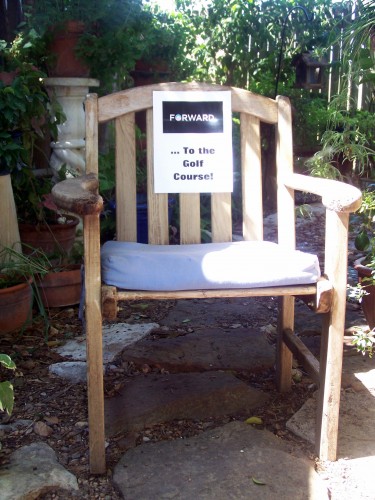I have been watching the trends in the election campaign thus far. I actually watched much more of both conventions than I expected to. My present question is Why is this election close ?. Powerline blog asks the same question and has a rather gloomy conclusion.
But it now appears that the election will be very close after all, and that Obama might even win it. It will require a few more days to assess the effects (if any) of the parties’ two conventions, but for now it looks as though the Democrats emerged with at least a draw, despite a convention that was in some ways a fiasco. In today’s Rasmussen survey, Obama has regained a two point lead over Romney, 46%-44%. Scott Rasmussen writes:
The president is enjoying a convention bounce that has been evident in the last two nights of tracking data. He led by two just before the Republican convention, so he has already erased the modest bounce Romney received from his party’s celebration in Tampa. Perhaps more significantly, Democratic interest in the campaign has soared. For the first time, those in the president’s party are following the campaign as closely as GOP voters.
John Hinderaker comes to the following conclusion, at least tentatively.
On paper, given Obama’s record, this election should be a cakewalk for the Republicans. Why isn’t it? I am afraid the answer may be that the country is closer to the point of no return than most of us believed. With over 100 million Americans receiving federal welfare benefits, millions more going on Social Security disability, and many millions on top of that living on entitlement programsnot to mention enormous numbers of public employeeswe may have gotten to the point where the government economy is more important, in the short term, than the real economy. My father, the least cynical of men, used to quote a political philosopher to the effect that democracy will work until people figure out they can vote themselves money. I fear that time may have come.
I have several other theories that are more optimistic. The polls may be wrong for several reasons. Citizens have been deluged with accusations of racism by frantic Democrats. Those who plan to vote for Romney may simply be misleading pollsters. In California about 30 years ago, the black mayor of Los Angeles, Tom Bradley, was ahead in the polls going into the 1982 election. In the event, he lost in spite of appearances on election day. Absentee ballots were credited with turning the result into a win for Deukmejian, his GOP rival. The racial effect is still disputed.
Two theories of the racial effect are in competition. One holds that white voters are less likely to vote for a black candidate. The fact that a number of black office holders have been elected by majority white districts, including that of retired colonel Allen West, should dispute that theory. Another is that white voters are reluctant to disclose voting preferences to pollsters, which might expose them to changes of racism. Voting against Obama is widely attributed to racism by Democrats and, especially, the progressive left.
It is not clear if either of these theories has validity. It would be very depressing to think the theory of dependency on government is valid.
Read more
